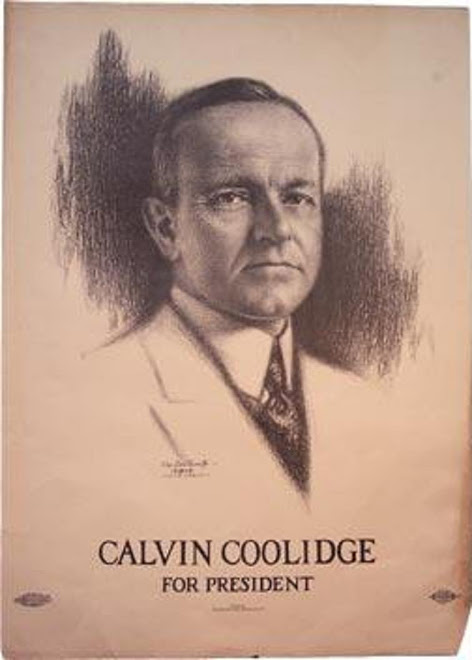At a time when education matters more than ever, success in school remains linked tightly to class. At a time when the country is increasingly integrated racially, the rich are isolating themselves more and more.[**] At a time of extraordinary advances in medicine, class differences in health and lifespan are wide and appear to be widening.Well, success in school, income, and health are linked tightly to intelligence, and those who have the genes for high intelligence tend to have more schooling, make more money, stay healthy, and pass their genes on to their children. Is that somehow wrong? The Times implies that it is.And new research on mobility, the movement of families up and down the economic ladder, shows there is far less of it than economists once thought and less than most people believe....In fact, mobility, which once buoyed the working lives of Americans as it rose in the decades after World War II, has lately flattened out or possibly even declined, many researchers say....
One way to think of a person's position in society is to imagine a hand of cards. Everyone is dealt four cards, one from each suit: education, income, occupation and wealth, the four commonly used criteria for gauging class. [Click here to see where you fit in the American population.] [***] Face cards in a few categories may land a player in the upper middle class. At first, a person's class is his parents' class. Later, he may pick up a new hand of his own; it is likely to resemble that of his parents, but not always.
In spite of the tight link between genetic inheritance and success, there is a lot on intergenerational mobility across the income distribution. (Who are you going to believe, the lying NYT or me?)
In any event, the Times swings and misses twice when it comes to defining and measuring class.
First, the Times deploys the card-game analogy quoted above, which suggests that life is a zero-sum game in which the winners win at the expense of the losers -- when that isn't the case. The Times reinforces the zero-sum notion by introducing a class scale that measures relative status; someone must move down the scale if someone else is to move up it.
Second, and more fundamentally, class is something that one possesses independently of job, education, income, and wealth. A super-rich person can inhabit the lowest class, while an extremely poor person can inhabit the highest class. We could be a nation composed entirely of high-class persons. There's nothing to prevent it -- nothing, that is, but the choices each of us makes about three facets of life:
- Tastes - our likes and dislikes. A high-class person eschews loudness, crudeness, and ostentation and adopts reflective pursuits (e.g., writing, reading demanding works of fiction and non-fiction, understanding music and art).
- Manners - overt behavior toward others. A high-class person is polite toward and considerate of the feelings of others, even in fleeting encounters.
- Ethics - the rules by which we live. Regardless of tastes and manners, a person cannot be high-class without also being honest, fulfilling obligations, and avoiding the temptation to use power to dictate to others.
Consider the presidents of the U.S. from FDR through Clinton. Based on their tastes, manners, and ethics, I rate them as follows:
- Low-class: Roosevelt, Johnson, Nixon, Clinton
- Middle-class: Truman, Eisenhower, Kennedy, Carter
- High-class: Ford, Reagan, Bush 41
__________
* Leftists like Charlie Rangel like to think that by attacking the rich they are helping the poor, when just the opposite is true. Well, Rangel is evidently a lot richer than I am, so I guess he is going to hell, if I am to believe this exchange with Chris Matthews on 04/07/05:
Just the place for him. He'll like the company, which undoubtedly includes at least one other infamous racial demagogue.Matthews: "I mean Charlie, Jesus didn't hang around with the swells- the rich people."
Rangel: "Well, he said the rich people are going straight to hell." [Courtesy Trey Jackson]
** What people do with their money is -- or should be -- a personal matter, subject only to the proviso that they do no harm to others. Gated community? Fine. I'd like to live in one, as would many if not most of the poor with whom the Times seem to identify. What's wrong with keeping the riff-raff at bay? Do you think that law-abiding poor people enjoy living where they do? When the poor finally make enough money to afford a move to the suburbs, they do so to escape their former neighbors, not to mingle with them.
*** I followed the link (bracketed in the original) to learn my "class standing" and wound up in the 87th percentile, based on my pre-retirement job and (in today's dollars) income and wealth. By the same criteria, my father was somewhere in the 40th to 50th percentile. Not bad. But my grandfather undoubtedly was somewhere near the bottom. I didn't steal from anyone to move up, nor did my father, nor did the vast majority of those who now stand higher than their parents and grandparents on the Times's class scale. But my standing on the Times's scale would be meaningless had I the tastes, manners, and ethics of a Lyndon Baines Johnson.
